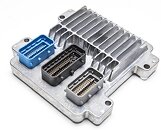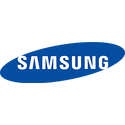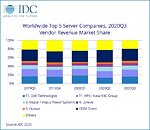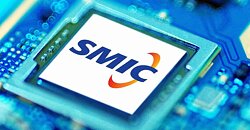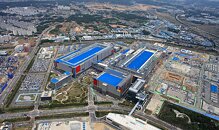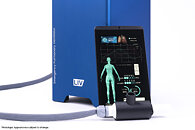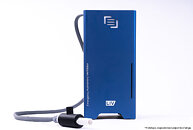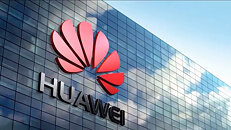
IBM Unveils Breakthrough 127-Qubit Quantum Processor
IBM today announced its new 127-quantum bit (qubit) 'Eagle' processor at the IBM Quantum Summit 2021, its annual event to showcase milestones in quantum hardware, software, and the growth of the quantum ecosystem. The 'Eagle' processor is a breakthrough in tapping into the massive computing potential of devices based on quantum physics. It heralds the point in hardware development where quantum circuits cannot be reliably simulated exactly on a classical computer. IBM also previewed plans for IBM Quantum System Two, the next generation of quantum systems.
Quantum computing taps into the fundamental quantum nature of matter at subatomic levels to offer the possibility of vastly increased computing power. The fundamental computational unit of quantum computing is the quantum circuit, an arrangement of qubits into quantum gates and measurements. The more qubits a quantum processor possesses, the more complex and valuable the quantum circuits that it can run.
Quantum computing taps into the fundamental quantum nature of matter at subatomic levels to offer the possibility of vastly increased computing power. The fundamental computational unit of quantum computing is the quantum circuit, an arrangement of qubits into quantum gates and measurements. The more qubits a quantum processor possesses, the more complex and valuable the quantum circuits that it can run.











